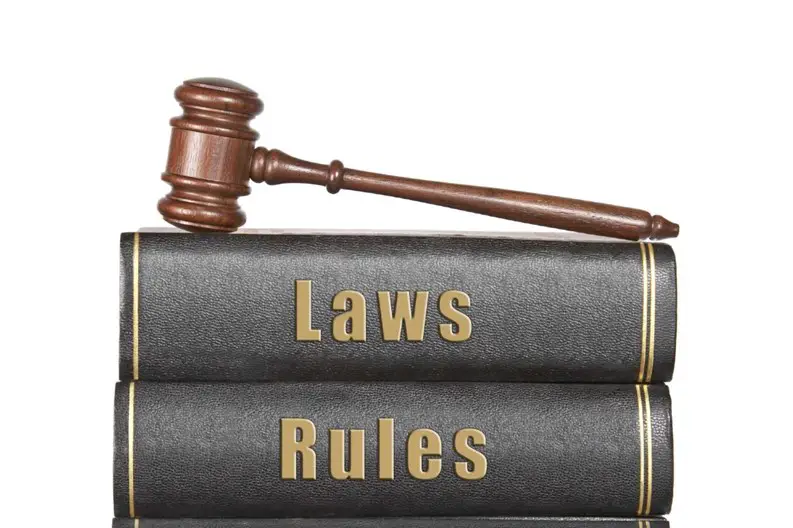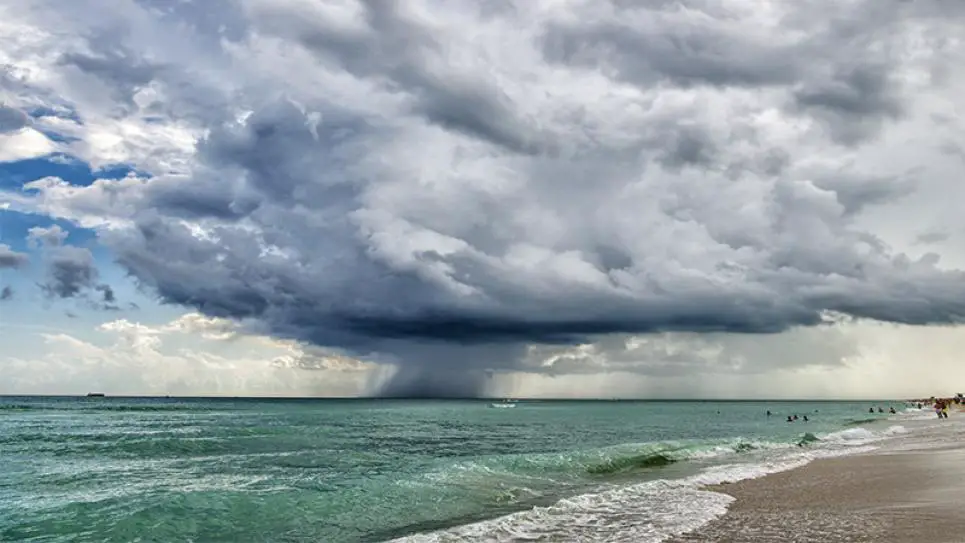If you think you know the laws of the Bahamas, think again! There are some unique rules that you may not have heard of, and they are sure to surprise you. From bans on rollerblading and driving in swimsuits to some peculiar fishing laws, this blog post will delve into the oddity of Bahamian law. Read on to discover the 6 weirdest laws of the Bahamas and get a better understanding of the country’s legal system.
1) The Importance of Knowing Laws in Foreign Countries
When traveling abroad, it’s important to familiarize yourself with the laws of the country you’ll be visiting. Laws and customs can vary significantly from one place to another, and ignorance of the law is never a defense if you end up breaking one.
In some countries, certain actions that are legal in your home country could be considered illegal or inappropriate. Knowing the laws in advance can help you avoid accidental legal trouble, which can ruin your trip and even result in a hefty fine or jail time.
Aside from staying on the right side of the law, knowing the laws in advance can also help you show respect for the local culture. It’s always a good idea to understand local customs and traditions, and abiding by local laws is an essential part of doing so.
In the Bahamas, for example, there are several unusual laws that you might not be aware of. Knowing these laws before you travel to the country can help you enjoy your trip to the fullest while avoiding any legal trouble.
2) 6 Weird Laws in the Bahamas:
1. It is illegal to wear a camouflage attire. The law is in place to protect the Bahamas Defense Force from impersonation.
2. No building is allowed to exceed the height of a palm tree. The aim is to preserve the beauty of the country’s landscapes.
3. It is against the law to leave a woman waiting for longer than five minutes. This law was put in place to discourage men from wasting women’s time.
4. You must use a licensed public restroom to change into a bathing suit. Changing into a swimsuit on the street or in a car is considered indecent exposure.
5. Gambling is illegal for Bahamians, but visitors can gamble in casinos only. The government put this law in place to protect its citizens from becoming addicted to gambling.
6. It is illegal to take sand from the beaches. Sand is a natural resource that helps preserve the environment and protects the country’s coastline.
Breaking any of these laws can result in a fine or imprisonment, depending on the severity of the offense. Knowing these laws before traveling to the Bahamas can help avoid any unwanted legal trouble.
3) Historical and Cultural Context of These Laws
The Bahamas has a rich history and culture that has contributed to the development of its laws, some of which may seem strange to outsiders. For instance, the ban on wearing camouflaged clothing is rooted in the country’s colonial past. The British authorities had forbidden the use of camouflage in order to prevent civilians from disguising themselves as military personnel and potentially causing unrest.
Meanwhile, the law prohibiting gambling is based on the country’s Christian heritage and the belief that gambling is morally wrong. This law is strictly enforced, and visitors who are caught gambling in public places can face hefty fines or even imprisonment.
Similarly, the ban on wearing saggy pants is a reflection of Bahamian values and respect for the country’s image and reputation. In the past, saggy pants were seen as a sign of disrespect and indecency, especially in public spaces like schools and government offices.
Understanding the historical and cultural context of these laws can help visitors appreciate the uniqueness of Bahamian society and avoid inadvertently breaking them.
4) The Penalties for Breaking These Laws
While the six weird laws in the Bahamas may seem amusing, it’s important to remember that they are still laws. Breaking any law, no matter how odd, can result in serious consequences.
For example, if you’re caught using profanity in public, you can face a fine of up to $200 or even spend time in jail. Similarly, breaking the law by feeding the iguanas can result in a fine of $500. Additionally, swimming in the ocean on Sundays can land you in jail for up to two months or a fine of up to $500.
It’s essential to respect these laws when visiting the Bahamas, as failure to do so can result in a tarnished vacation experience. Take the time to learn about the local laws and customs before your trip to avoid any misunderstandings. After all, you don’t want to remember your vacation as the time you spent in a Bahamian jail.




